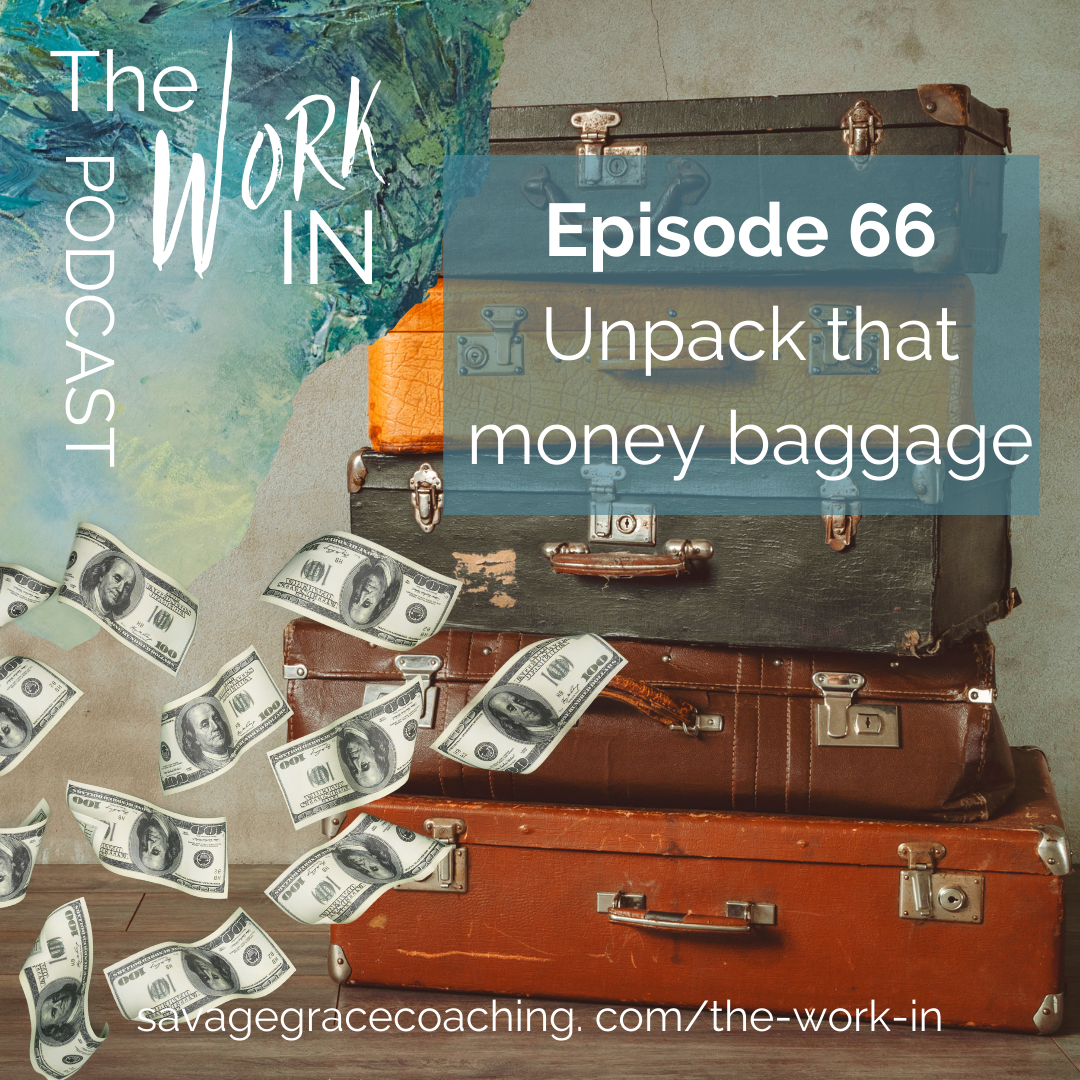
Welcome to The Work IN!
Standing up for your own ethical voice
Todays solo episode discusses ethical communication, understanding intention and trusting your inner voice in your business and personal life.
... sometimes in our desire to make the “right” decisions in business is sometimes rooted in our fear of making a “wrong” decision, it’s easy to become overwhelmed by too many voices.
The loudest voices are sometimes the last ones who matter. They’re the folks who aren’t your ideal client, have no skin in the game, have no idea what you do or why you do it and usually don’t know you at all.
What’s your real job?
Today I wanted to talk about the upstream cause of the issues we see in the fitness industry, high turnover, burnout and low skills is coming from a lack of understanding about what the job actually is and a true understanding of the skills that are required to succeed in a professional capacity without sacrificing your body through burnout over time.
So I want to start with this question. What is your real job? If you are a group fitness instructor, personal trainer, health coach, fitness specialist. Whatever your job title is, what is your real job?
Unpack that money baggage
Today I wanted to talk about money baggage. During our conversation last week Dennis brought up the point that a lot of how we treat money, how we feel about money and business and our behaviors around money are rooted in our childhood experiences or lack of experience and influenced by how we saw others handling money. That’s our money baggage. And that baggage can weigh us down and hold us back financially in both our professional and personal lives. It becomes a subconscious filter through which we make all our money decisions including how we save, how we spend, how we invest, IF we invest, and how we price our services.
So the question becomes what is the money baggage that we’re carrying around, how is it affecting our behavior and how do we let it go?
Unfiltered Communication
This week’s solo episode … it's verbal communication, but we are also communicating with our body language with our energy and that comes from directly comes from how we are connected to ourselves how we are aware of our own body's reaction to what's happening around us, and then how we translate that information that awareness into an understanding of what's going on. Now, a lot of this happens instantaneously and very, very subconsciously. In the body. We are almost never aware of this communication within the body unless we really make mindful purposeful, intentional attention to those things as they come up in the body. And really kind of becoming more curious about what that means.
The ABC’s of Resilience
Last week on the podcast we met Kim Basler. We talked about the long term effects of living in chronic stress, over exercise and disordered eating. And how common that is in the fitness industry. Of course this isn’t limited to fitness industry professionals. No matter what your profession it’s important to understand that just because you do what you do well and have done it for so long you can do it in your sleep, that doesn’t mean you’re not under toxic levels of stress. It doesn’t matter what you think is going on with your stress levels, what matters is the nervous system response.
I’d like to highlight some things that came out of our discussion that could help prevent the kind of overwhelm that leads to burnout and turnover that we see all too often in a space that’s supposed to be based on wellness. And then talk about some specific things that employers and managers can do to support their wellness contractors.
Free Milk and a Cash Cow
One of the most challenging things to do in any wellness business is to price your service. How much is our time worth? What about the space we’re using? How much does that cost? Some of these things can feel so arbitrary and then we’re left with what the going rate is.
How much are other studios charging for similar services? What does the local big box gym charge for their unlimited membership or individual classes? And then there’s all the free stuff that’s available online, on youtube, facebook, instagram and your local car dealership or health fair.How can you compete?
Today I’d like to take a deep dive into leveraging free and how to do it in ways that respect the value of what you do and protect and support the industry. And how to leverage “free” without slipping into the mudslide of exploitation.




